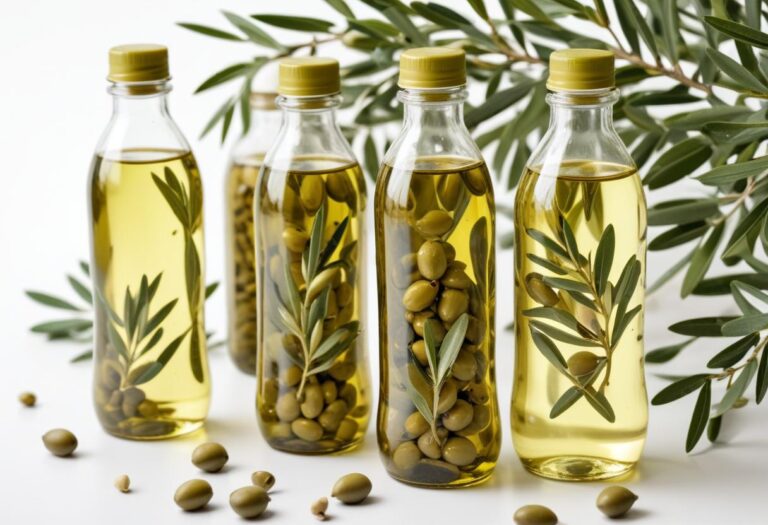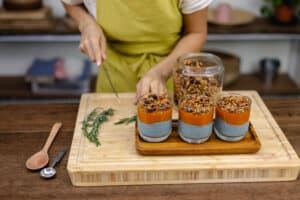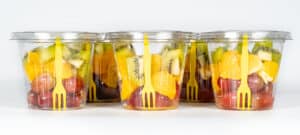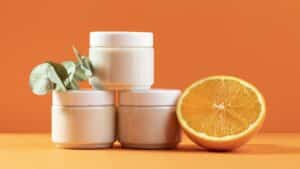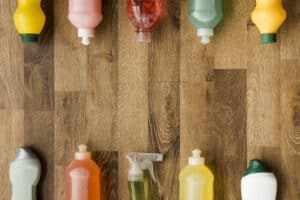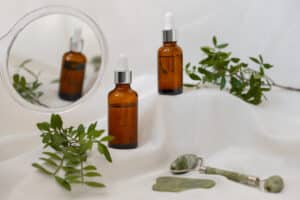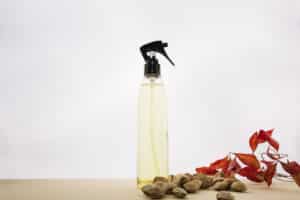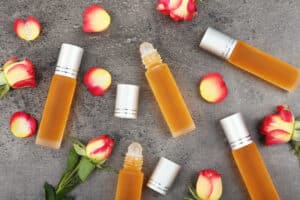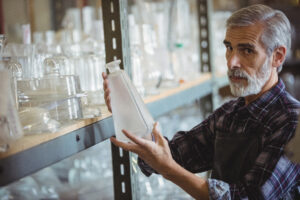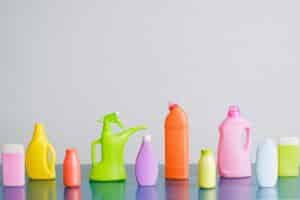When it comes to cooking oils, olive oil reigns supreme! Known for its delicious flavor and health benefits, it’s a staple in many kitchens. But have you ever scratched your head wondering if it’s safe to buy olive oil in plastic bottles? Let’s dive into this topic because, spoiler alert: it is safe!
Table of contents
What Is Olive Oil?
Olive oil is simply the liquid gold extracted from the olives of the olive tree. Packed with healthy fats, antioxidants, and anti-inflammatory properties. Hence, it’s not just a fancier alternative to other cooking oils; it’s a giant hug for your heart. Therefore, this beloved oil is used in salads, marinades, and even for sautéing. But how you store this liquid gold matters just as much as the olive itself.
The Evolution of Olive Oil Packaging
From clay amphorae in ancient Greece to modern-day glass and plastic bottles, the packaging of olive oil has seen quite the journey. But why does it matter? Because the packaging can affect the oil’s quality! Light, temperature, and air can cause olive oil to go rancid, leading to a less-than-savory flavor. Thus, ensuring the oil is protected is paramount, and this brings us to the topic of plastic bottles.
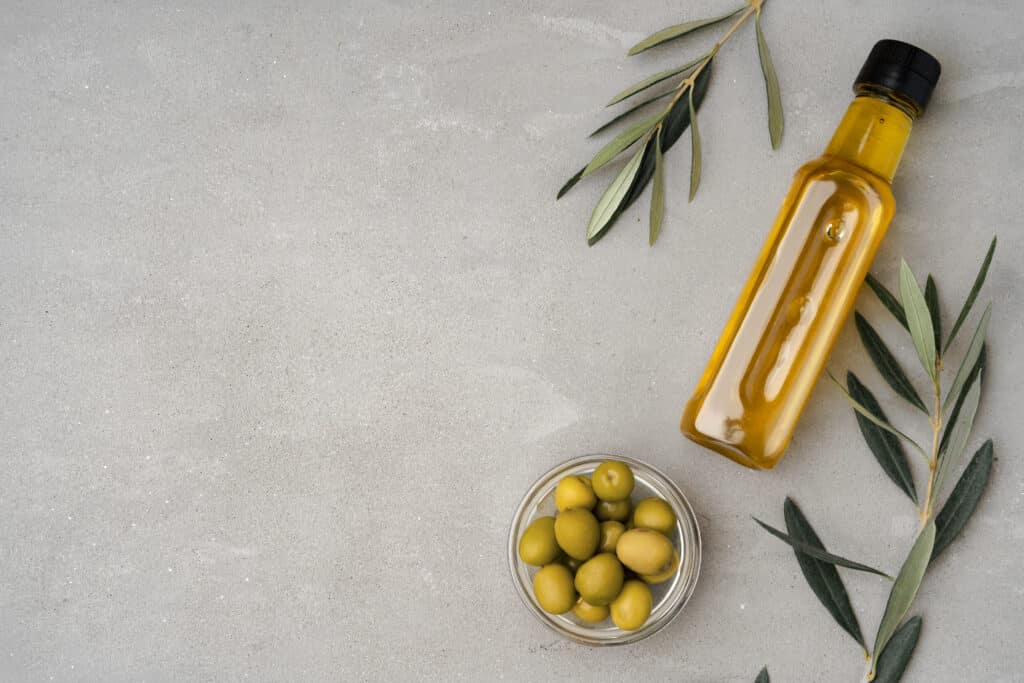
Are Plastic Bottles Safe for Olive Oil?
Yes, they are safe! A common misconception is that all plastic is created equally, but that’s a myth. Nevertheless, certain high-quality plastics are perfectly safe for food storage, including olive oil.
High-Quality Plastics You Can Trust
Let’s break it down. The types of plastics that are considered safe for food storage include:
DPE and LDPE: DPE (Distributed Pressure Enhanced) and LDPE (Low-Density Polyethylene) are great choices. DPE is known for its flexibility and resistance to cracking, while LDPE is widely used due to its lightweight and safe properties for food contact.
PET and PP: PET (Polyethylene Terephthalate) is fabulous for its strength and lightweight nature, making it a popular choice for beverage bottles. Furthermore, PP (Polypropylene) is robust and resists stains and odors, which is excellent for maintaining the integrity of olive oil.
Understanding Plastic Safety Standards
Types of Food-Grade Plastics
Different plastics can be used for food packaging, but not all are food-grade. Common food-grade plastics include PET (Polyethylene Terephthalate), HDPE (High-Density Polyethylene), and PP (Polypropylene). These materials are chosen for their safety and inertness when in contact with food products.
Regulatory Agencies
Several regulatory bodies oversee food-grade certifications, including the FDA (Food and Drug Administration) in the United States, EFSA (European Food Safety Authority) in Europe, and other regional agencies. These organizations establish guidelines and standards that manufacturers must adhere to, ensuring consumer safety.
Food-Grade Certifications
When buying olive oil in plastic, always check if the container is food-grade certified. This certification ensures that the material is safe for food contact, meaning it won’t leach harmful chemicals into your beloved olive oil.
Advantages of Using Plastic Bottles for Olive Oil
Lightweight and Portable
You know what’s great about plastic bottles? They’re super lightweight! Whether you’re cooking up a storm or taking a picnic, lightweight olive oil is a total win. No more lugging around heavy glass bottles that could break.
Durability
Plastic bottles are more durable than glass, reducing the risk of breakage. This durability makes them ideal for transport and everyday use, especially in busy kitchens or outdoor settings.
Cost-Effectiveness
Plastic bottles are generally more cost-effective to produce and transport than glass. Hence, these cost savings can be passed on to consumers, making high-quality olive oil more affordable.
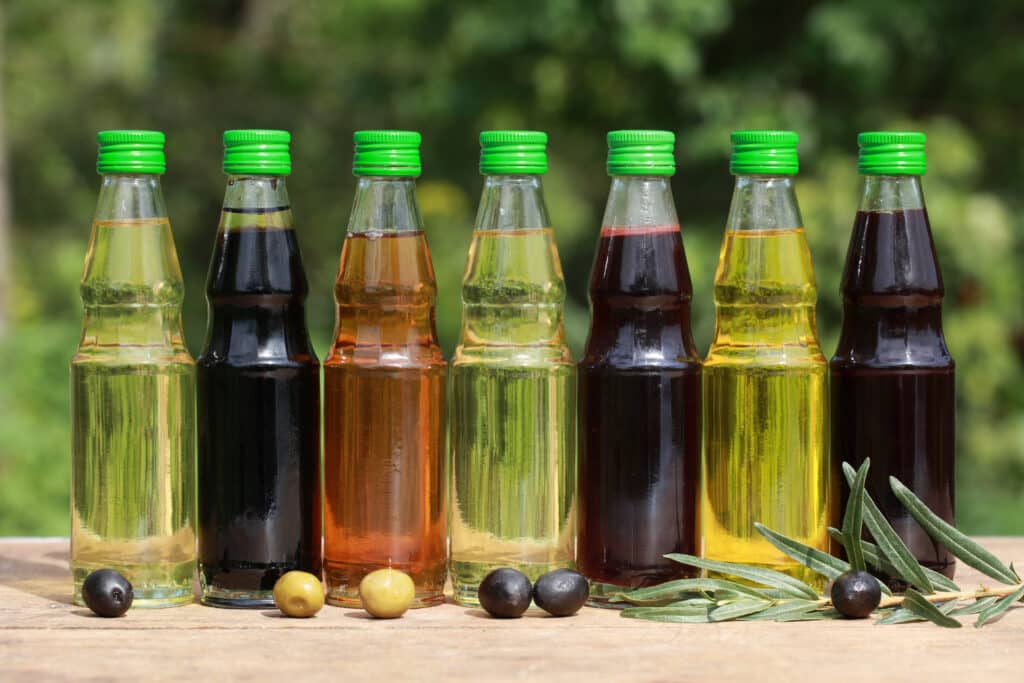
Choosing Reliable Manufacturers
It is vital to select manufacturers with a proven track record of producing high-quality, food-grade plastics. Furthermore, reviews and ratings from other customers can provide insight into the reliability and reputation of the manufacturer. Following are a few other conditions you could refer to when selecting a suitable manufacturer.
Transparency in Manufacturing
Reliable manufacturers are transparent about their production processes and materials used. For instance, they provide detailed information about their quality control measures, certifications, and compliance with regulatory standards.
Outstanding Chemical Resistance
Chemical resistance is crucial for preserving the flavor, aroma, and nutritional value of olive oil. By preventing chemical reactions between the plastic and the oil, the integrity of the oil is maintained. Jarsbottles provide chemically resistant plastics that perform well under various storage conditions, including different temperatures and light exposures. This reliability ensures the safety and quality of the olive oil throughout its storage period.
Rigorous Testing and Inspection Processes
Comprehensive testing on plastic materials, simulating real-world conditions is a must to ensure they meet stringent safety standards. These protocols include tests for chemical leaching, structural integrity, and durability. Jarsbottles doesn’t just stop at quality. They perform thorough testing and inspections on their plastic materials to ensure they meet stringent safety standards. You wouldn’t want to use plastic that hasn’t been rigorously tested, right?
Not all plastics are created equal, and that’s why selecting a reliable manufacturer is crucial. Look no further than Jarsbottles! We focus on quality plastic food packaging and pride ourselves on rigorous inspection processes and high safety standards.
Final Thoughts
In conclusion, olive oil in plastic bottles can be safe, provided you are using high-quality plastics like DPE, LDPE, PET, and PP. Always opt for a reputable manufacturer like Jarsbottles, which focuses on the rigorous testing of their products, and ensures that your plastic containers are food-grade certified. Your oil deserves the best!
So, the next time you’re perusing the aisles for that perfect bottle of olive oil, don’t shy away from the plastics. Embrace the convenience and safety offered by high-quality packaging from Jarsbottles.
FAQs
1. Can plastic bottles affect the taste of olive oil?
Yes, only if the plastic isn’t food-grade. Stick to high-quality options like those from Jarsbottles, and your oil should taste as fantastic as it should!
2. Are all plastics safe for food storage?
No, not all plastics are safe. It’s crucial to choose food-grade certified materials. Look for types like DPE, LDPE, PET, and PP for the best safety standards.
3. How can I tell if my olive oil is going bad?
Rancid olive oil will have a metallic or off smell and may taste bitter or sour. However, storing it in a quality container helps extend shelf life!
4. What makes Jarsbottles a trustworthy option for olive oil containers?
Jarsbottles uses high-quality, food-grade plastics, performs rigorous testing, and ensures outstanding chemical resistance to provide the best safety for your food packaging needs.

